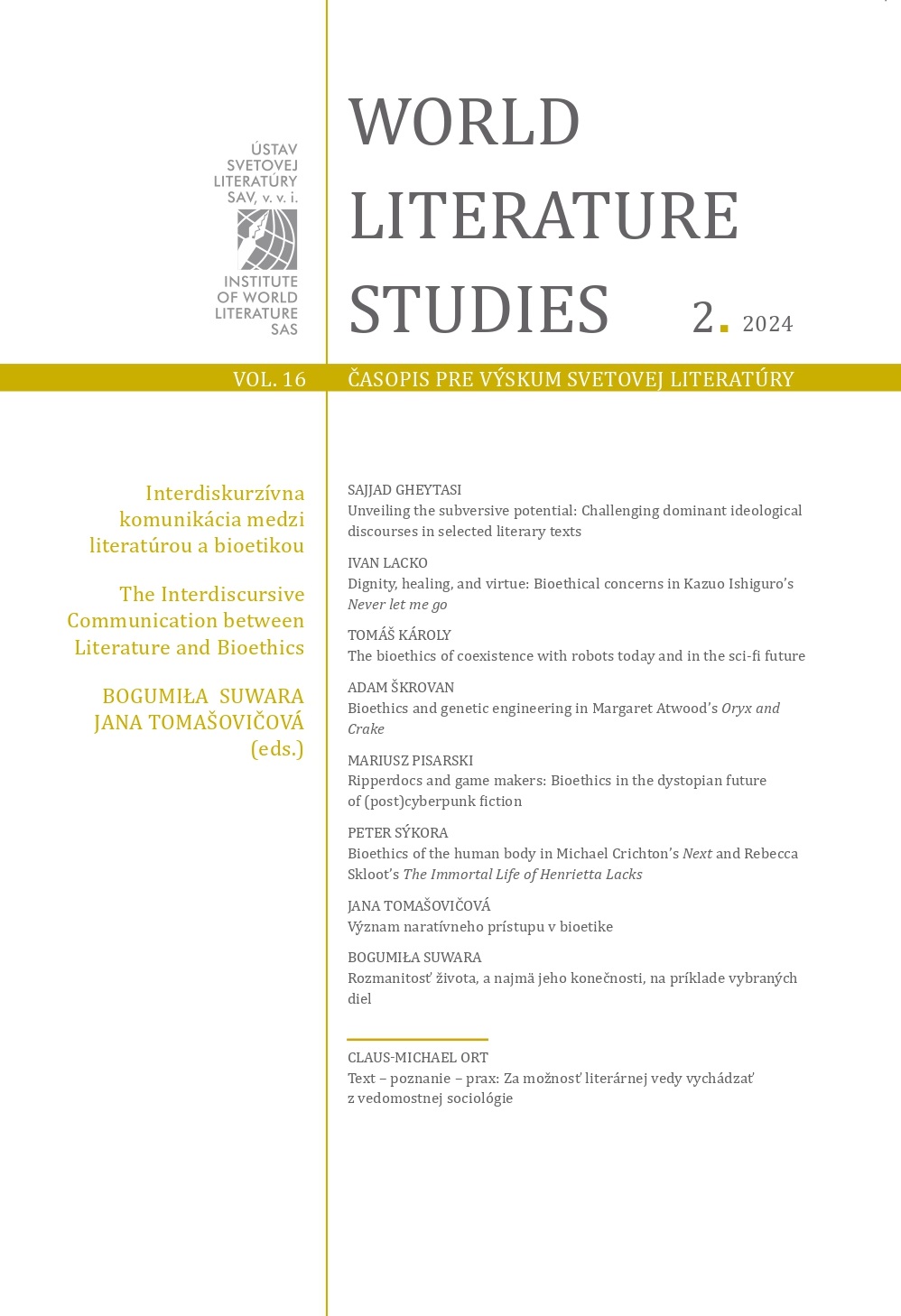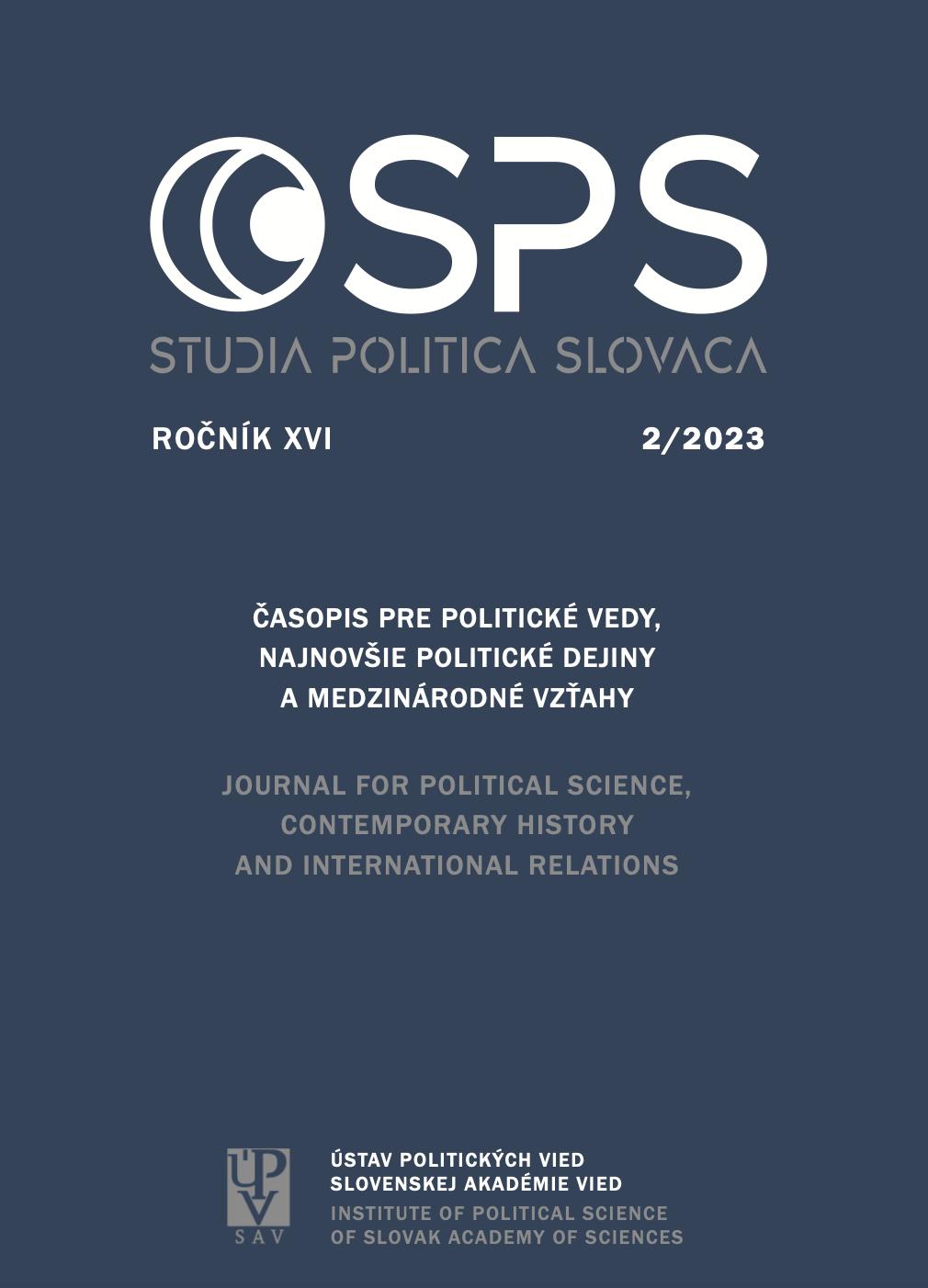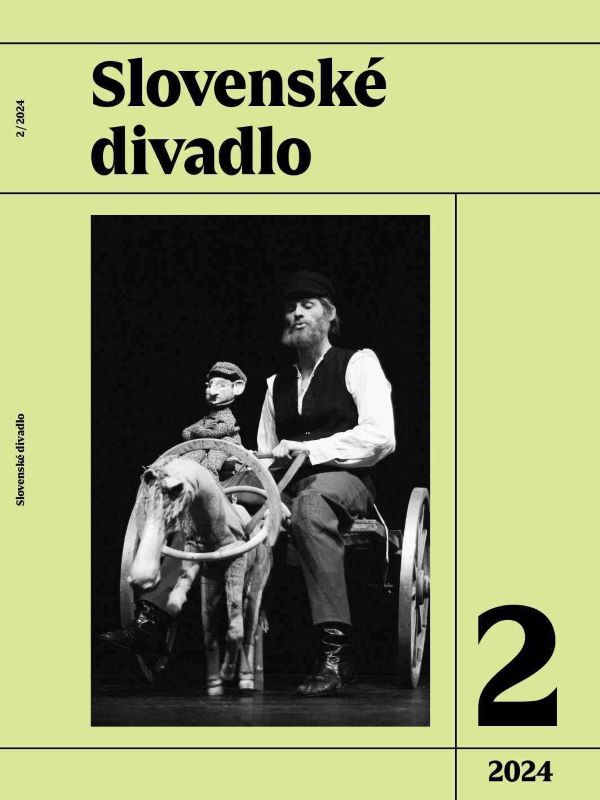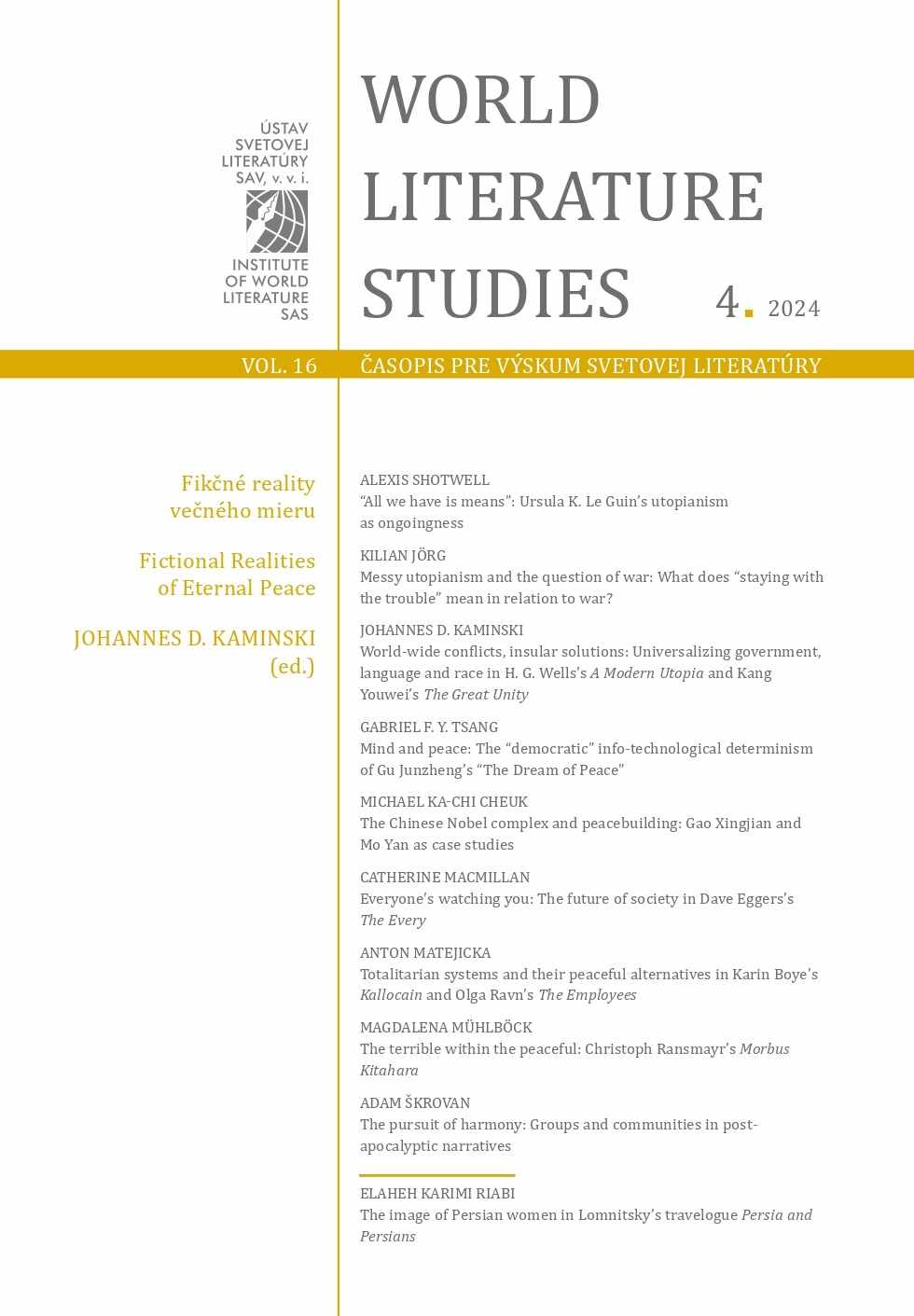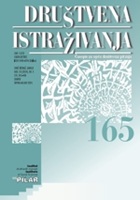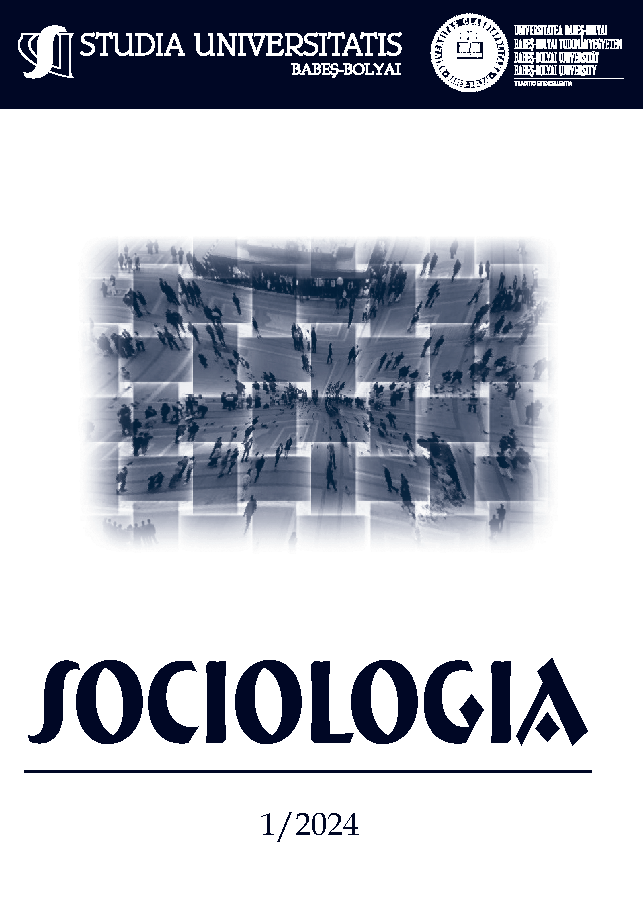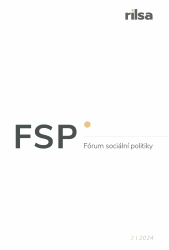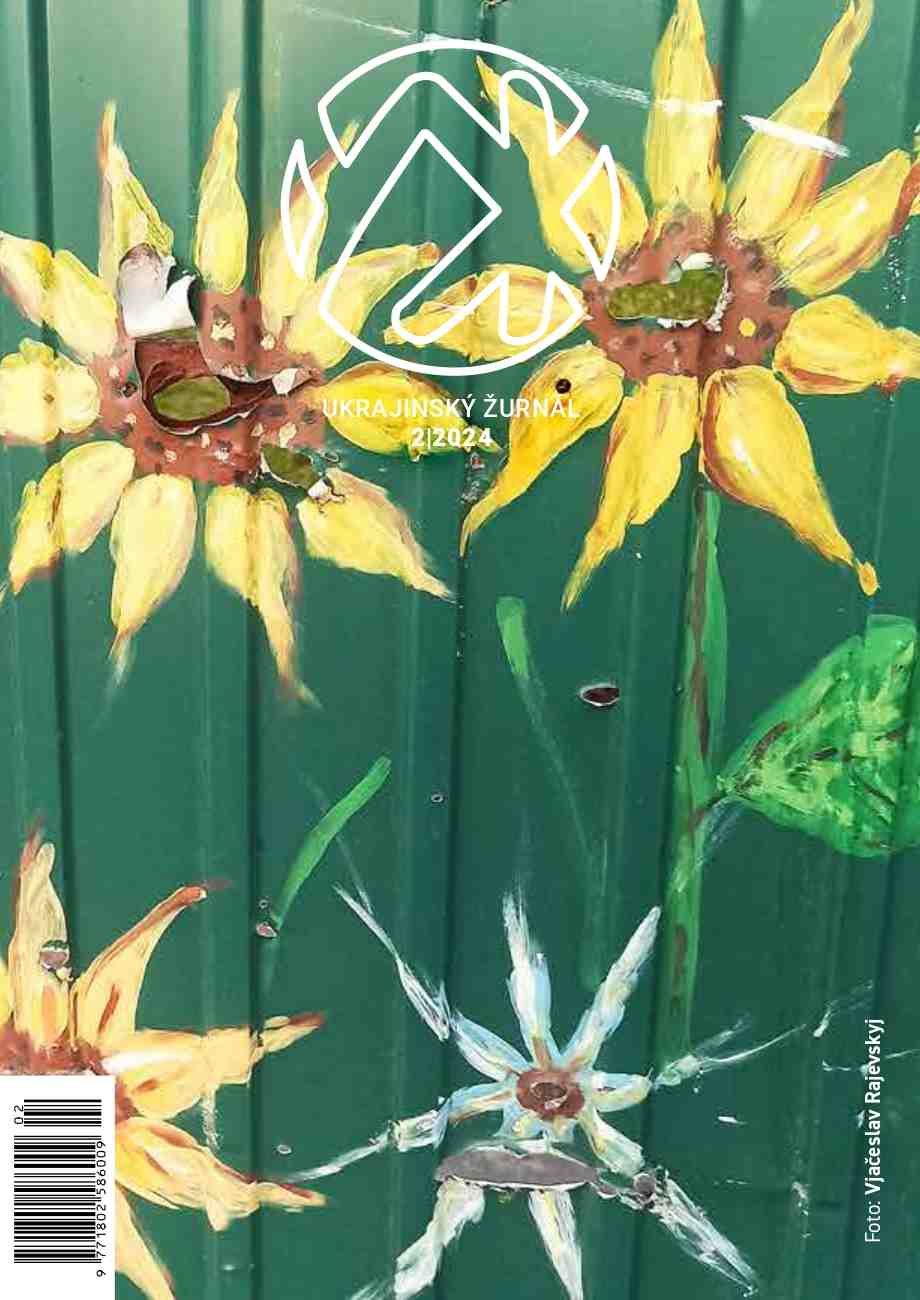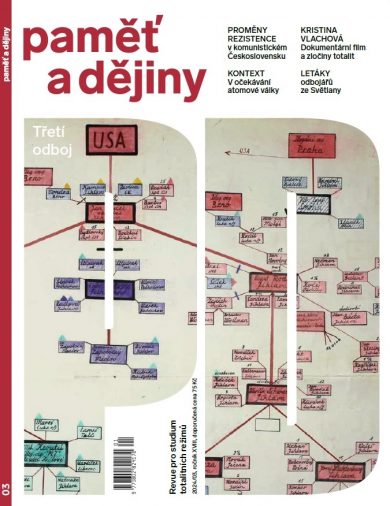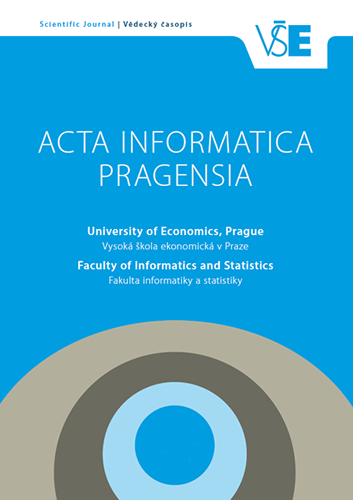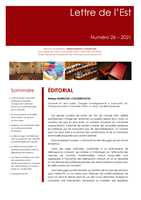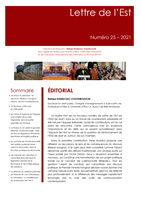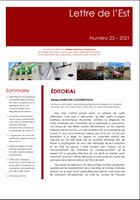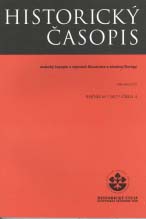
Koncept kolektivní paměti - základní východiska a závěry
The study identifies the notion of collective memory and, particularly, its crucial elements that might be used as helpful research tools. It is based on the analysis of a memory thematizing socio-cultural context and of the existing sociological theories. It also draws on the findings of memory and cultural studies and psychology. The study identifies a total of 16 key elements (principles) of the collective memory concept, out of which the following are the most significant: a) understanding memory as a tool to understand and explain the present, b) addressing both the inner plurality of cultural memory and the plurality of cultural memories within a society, c) making the difference between the cultural and communicative memory, d) considering the significance of individual memory, e) understanding memory as narration, f) identifying the signification of schematic narrative templates.
More...
